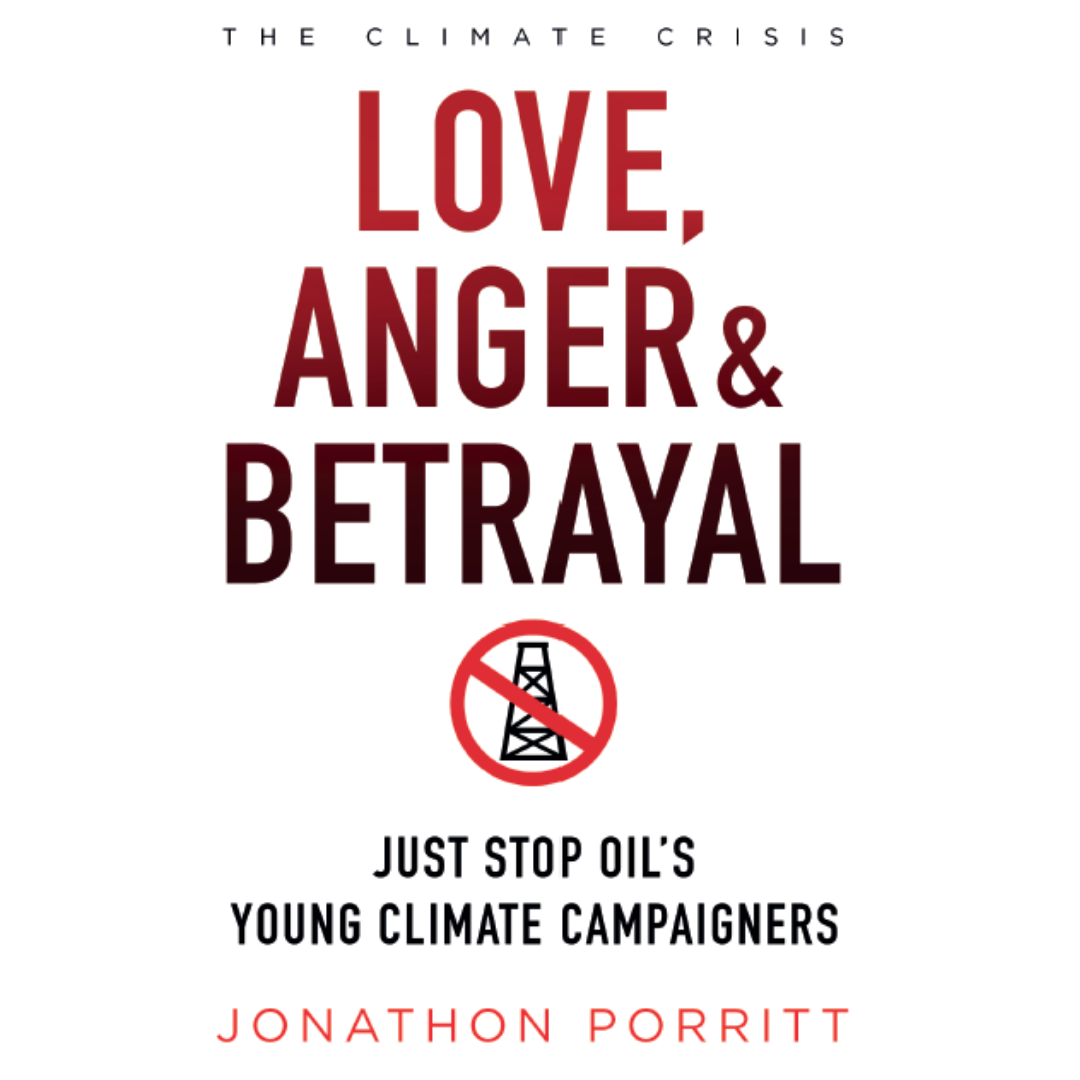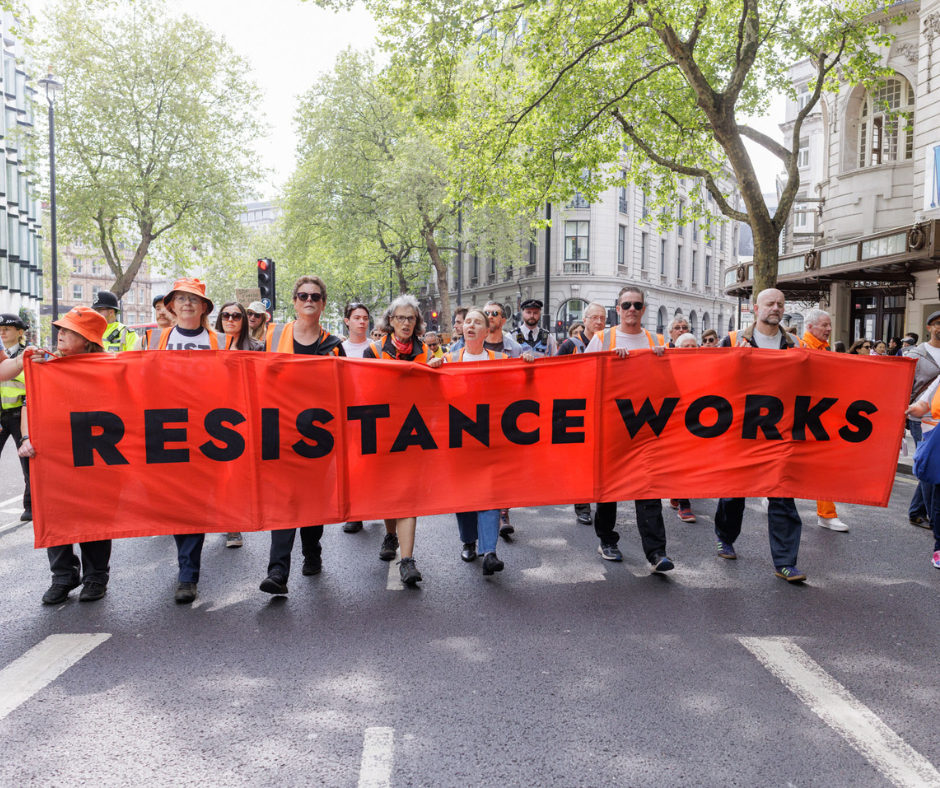Here we go again: the annual end-of-year COP fandango is upon us. This particular Conference of the Parties (signatories to the original Framework Convention on Climate Change back in 1992) happens to be in Brazil — generally deemed to be a more sympathetic host country than its two petrostate predecessors, Azerbaijan and the United Arab Emirates.
That may be true (although rates of deforestation in the Amazon are on the up again), but COP30 will be just as resounding a failure (as in making not a ha’p’orth of difference) as the 29 other COPs that have gone before it.
There are many reasons for this: geopolitical, financial, technological and so on. But I want to look at one aspect that rarely gets mentioned: almost every single delegate at COP30 will be focused on dodgy data – on things like the targets set by governments through their revised Nationally Determined Contributions, or on average temperature increases projected through to the end of the century (1.5°C and all that jazz), or on endless attention-grabbing voluntary initiatives about this, that or the other technology or nature-based ‘solutions’.
Distractions, diversions, manufactured rows, performative breast-beating, competitive outrage, maybe even some tears if we’re lucky: we’re in store for all that and a lot more from COP30. Meanwhile, the data that really matters (all about emissions from the burning of fossil fuels) will remain neglected on the sidelines, overlooked partly through ignorance but mostly by design.
It’s more or less 40 years since I helped launch Friends of the Earth’s first climate change campaign – or global warming as we called it then. And since then, I’ve been involved in literally countless campaigns focusing on climate policy, awareness-raising, electioneering, mobilising, naming-and-shaming — you name it, I’ve tried it! If I were writing my own appraisal, the headline would be:’ highly commendable effort, but with little discernible effect’.
That’s not to say there isn’t a lot more going on today, with much higher levels of awareness all around the world. Understandably, we latch onto any good news like the drowning hope-mongers we are: celebrating soaring global investment in solar and other renewables; reassured by opinion polls that tell us that more than 80% of people around the world want to see their government doing more to address the climate crisis. Unfortunately, however, every single hard-edged data point that matters, from 2024, tells us something very different is still going on:
– Emissions of greenhouse gases from coal, oil and gas – UP
– New investments in coal, oil and gas – UP
– Concentrations of CO2 and methane in the atmosphere – UP
– Subsidies supporting the fossil fuel industry – UP
– Average temperature increases around the world – UP
The planet is now the hottest it has been in 120,000 years. CO2 concentrations are at their highest for 3 million years.
All of which makes for a long-winded way of explaining why I was an enthusiastic supporter of Extinction Rebellion back in 2018, and then of Just Stop Oil in 2022. When all else has failed (and shows every indication of continuing to fail, with a deeply disturbing political backlash now in full swing in many countries), it’s surely time to have a crack at something disruptively, uncompromisingly different? Even if the kind of civil disobedience and direct action campaigning that defined Just Stop Oil’s three short years may yet prove to have had no more impact in breaking the logjam than anything else.
What tipped me over into doing more about this was the utterly hateful way in which the right-wing media here in the UK attacked many of Just Stop Oil’s younger campaigners, developing a whole new lexicon of personal insults, demonising caricatures and character assassinations. So I met up with some of them, started doing some interviews, and was hugely impressed by their maturity, realism and courage – let alone by their depth of knowledge not just about the climate crisis but about the deep history of Non-Violent Direct Action and civil disobedience.
My new book, “Love, Anger & Betrayal”, is the result of all that, as a genuinely co-authored way of getting to grips with the climate crisis. The anger is mostly mine; the love comes across through their extraordinary empathy for the millions of people already impacted by the climate crisis – and for the hundreds of millions who will be even more dramatically impacted in the future. It’s that compassion which lies at the heart of their civil disobedience.
As to ‘the betrayal’, I guess that’s why I find myself getting angrier by the year! Who now remembers the 1987 Brundtland Report, ‘Our Common Future’, with its emphasis on sustainable development – “development that meets the needs of the present without compromising the ability of future generations to meet their own needs” – underpinned by an inspiring commitment to justice both within any one generation and between generations.
This explicit advocacy of justice between generations is so much more proactive than the default assumption that the interests of future generations are best served simply by improving the material standard of living of the present generation. Which of course means more of the same mindless economic growth, year on year, indefinitely into the future— which is still the principal cause of the climate and Nature crises we face today!
Unbelievably, today’s world leaders are now doubling down on that kind of intergenerational betrayal, all but guaranteeing both extreme climate instability and the progressive breakdown of the natural systems on which we depend. And it’s the fossil fuel industry that is primarily responsible for this, together with their political lackeys.
The easiest way to understand the astonishing reach of the fossil fuel ‘incumbency’ is to see it as a global imperial power, operating in every corner of the Earth, regardless of the political status of countries, whether democracies, autocracies or failing states, subject only to partial and ineffective regulation by those countries once they’ve been effectively ‘captured’. This is achieved by the limitless amounts of money and other inducements the industry has deployed over decades to persuade politicians where their best interests lie. Equally limitless amounts of money are available for marketing and advertising campaigns of every description, for sponsorship arrangements and high-profile charitable activities. Just Stop Oil vigorously took on that incumbency, directly or indirectly, throughout its three years.
Working with Just Stop Oil’s young campaigners has been extraordinarily energising for me personally. I’ve been deeply moved by their courage, by their sense of moral obligation. Writing about ‘Love, Anger & Betrayal’, a friend of mine captured something I only now appreciate in retrospect:
“It’s significant that several young campaigners featured in the book have already resolved never to become parents, while their bond with future generations remains undeniable. In choosing to act rather than to remain silent, they embody a radical form of kinship: one forged not through biology, but through duty, imagination and love.”
It’s that ‘radical form of kinship’ that has inspired my growing involvement in the work of direct action climate campaigners, and in the nationwide uprising to bring an immediate end to the genocide in Gaza.
I was arrested both on August 9th and September 6th in Parliament Square for holding up a sign in support of the campaign to lift the ban on Palestine Action as a terrorist organisation, and have been charged under s.13 of the Terrorism Act.
When I was sitting there in the Square, I was thinking a lot about courage – the courage of the Suffragettes (“Courage calls to Courage Everywhere” – and all that), and the courage of Palestine Action campaigners targeting the premises of arms companies supplying the Israeli Defence Forces in Gaza or spraying paint on military planes at Brize Norton. Inflicting a lot of serious damage against property – just as the Suffragettes did – but unambiguously renouncing the use of violence against people, which I think is what most of us believe defines the essence of terrorism.
I couldn’t possibly have had better mentors than my 26 co-authors over the last 18 months, unearthing my own radical campaigning roots back in the 70s and 80s — in the Green Party and Friends of the Earth. I rather doubt I would have been there in Parliament Square without that inspiration.
Image credit: By Ministry of the Presidency. Government of Spain, Attribution, https://commons.wikimedia.org/w/index.php?curid=83809879






